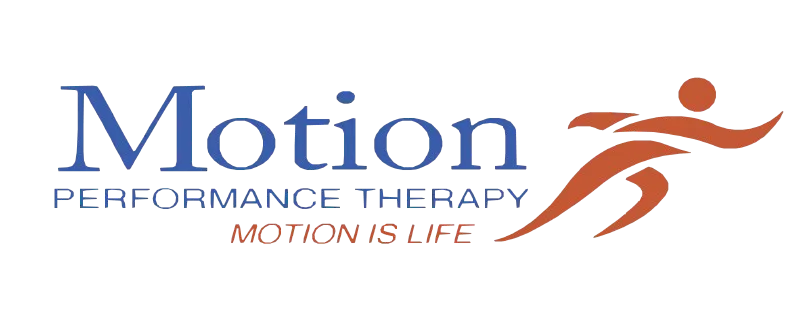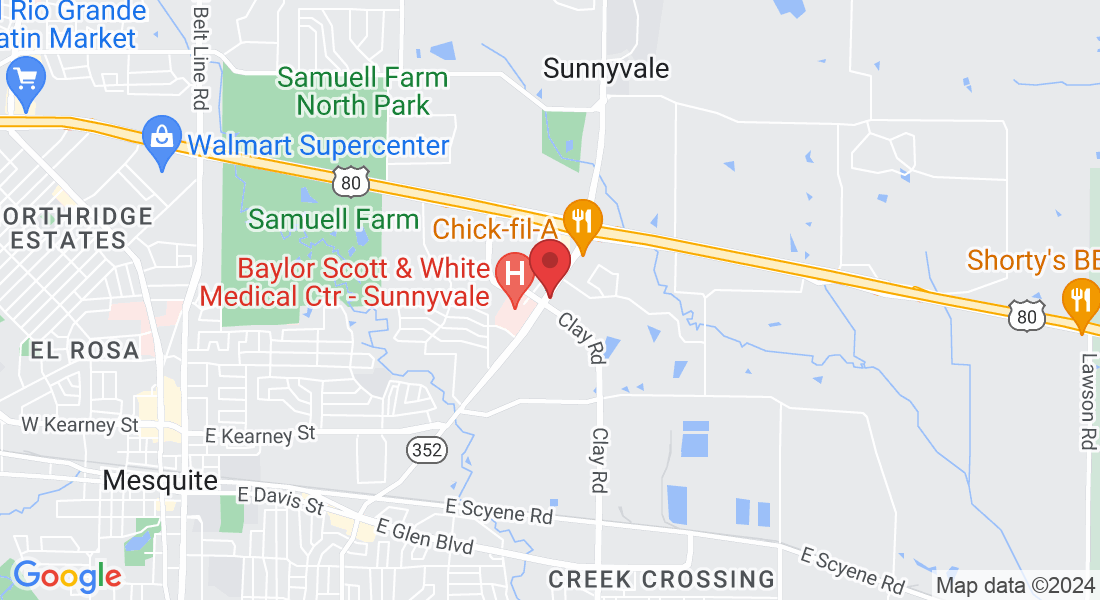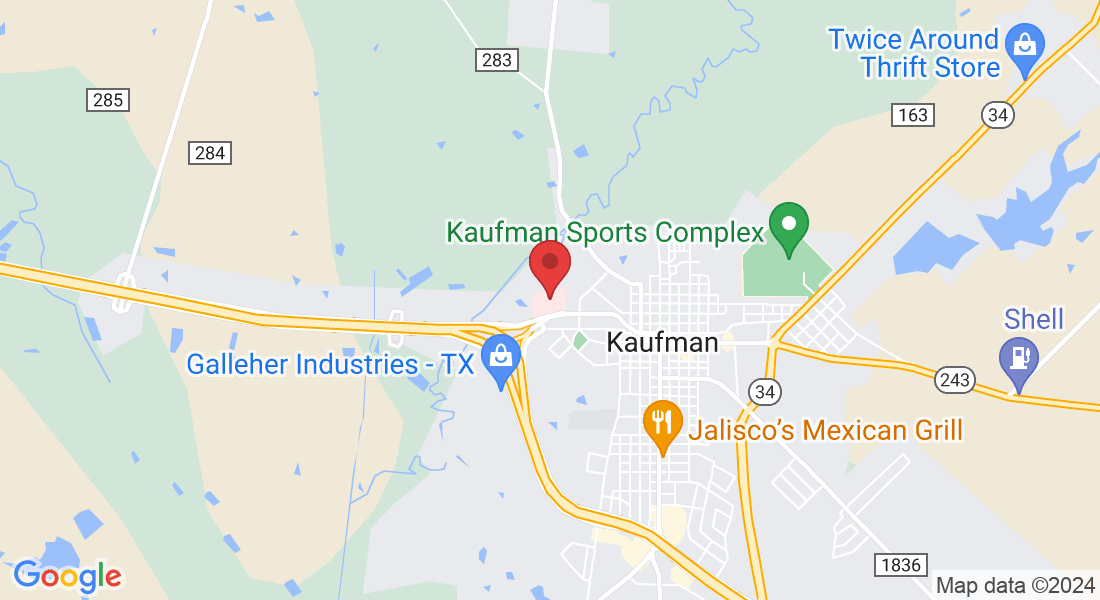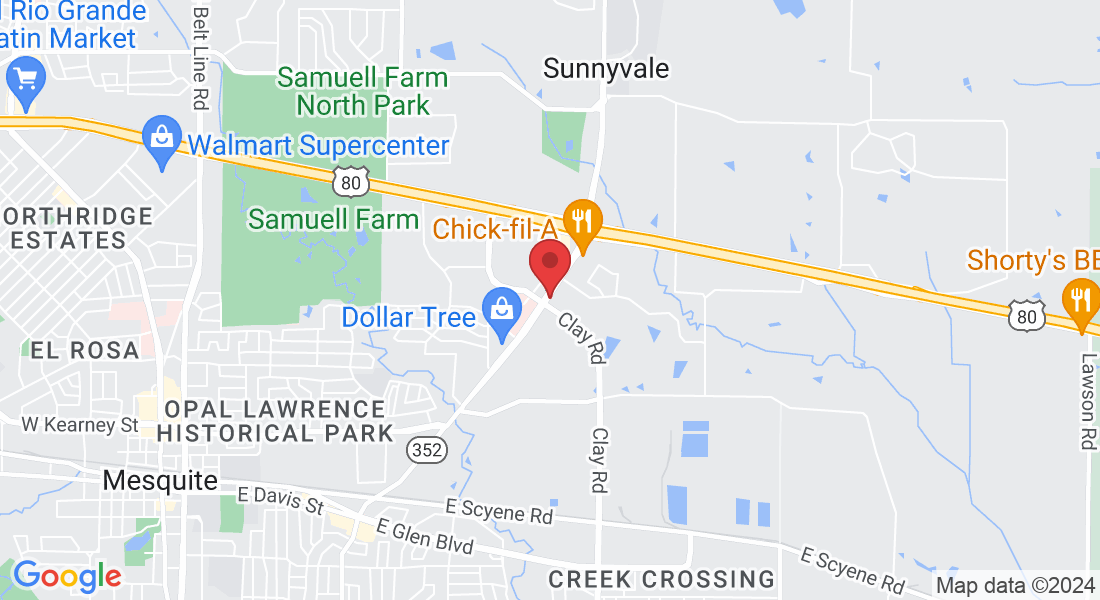214-256-3778
(214) 256-3770


Meniscus Repair
If you’re looking for exceptional meniscus repair, look no further than the experts at Dallas Orthopedic and Shoulder Institute. Located in Sunnyvale, Texas, Reed Bartz, MD, offers extensive meniscus treatment options to support your knee and leg health. Call the office today and schedule an appointment to learn more about meniscus repair, or book through the online reservation system.


Meniscus Repair
If you’re looking for exceptional meniscus repair, look no further than the experts at Dallas Orthopedic and Shoulder Institute. Located in Sunnyvale, Texas, Reed Bartz, MD, offers extensive meniscus treatment options to support your knee and leg health. Call the office today and schedule an appointment to learn more about meniscus repair, or book through the online reservation system.
Meniscus Repair Q & A
What is meniscus repair?
Meniscus repair helps fix and correct a damaged meniscus. The meniscus is a thin, fibrous section of cartilage located in the knee. With a damaged meniscus comes reduced stability, inability to absorb shock, and reduced lubrication to the knee joint.
Meniscus repair remedies any issues to restore these functionalities.
Why do I need meniscus repair?
Over time, the meniscus becomes worn from daily activities. Additionally, you may suffer an injury or have a preexisting condition that impedes meniscus function.
A damaged meniscus can be painful and usually accompanies other symptoms such as swelling and reduced range of motion. This can make life’s activities difficult and oftentimes impossible.
What are common meniscus repair treatments?
Meniscus treatment typically involves corrective surgery. Meniscus surgery aims to preserve existing healthy tissue by increasing blood supply to the area. Dr. Bartz also repairs the structure by sewing existing pieces of meniscus cartilage together.
Limited nonsurgical treatments exist for meniscus repair. Before surgery, your health care provider may opt for physical therapy, cortisone injections, and NSAIDs. Oftentimes, these yield varying results, proving meniscus surgery the most consistent treatment option.
What can I expect during meniscus repair surgery?
Dallas Orthopedic and Shoulder Institute completes several tests in advance of your surgery. These tests include blood work, X-rays, and EKGs, to ensure you’re a prime candidate for meniscus repair surgery.
Once cleared, the team administers anesthesia to reduce pain and discomfort during the procedure. The use of local, regional, or general anesthesia depends on your comfort level and severity of your condition. Sedation offers additional relaxation when choosing regional or general anesthesia.
During the procedure, Dr. Bartz makes a few incisions into the knee following a sterilization process. He first injects fluid into the knee to help control bleeding, followed by an arthroscope fitting into the incision with a camera attached. From here, Dr. Bartz stitches the torn meniscus back together.
What are the benefits of meniscus repair?
Meniscus repair is a highly successful treatment, with over 90% of patients experiencing symptom relief. Meniscus repair surgery offers quality of life improvements by:
✔ Increasing mobility
✔ Allowing participation in sports
✔ Adding knee stability
✔ Relieving pain
✔ Slowing arthritis development
Call the office in Sunnyvale, Texas, to schedule an appointment today. You can also arrange a consultation through the online portal.
Meniscus Repair Q & A
What is meniscus repair?
Meniscus repair helps fix and correct a damaged meniscus. The meniscus is a thin, fibrous section of cartilage located in the knee. With a damaged meniscus comes reduced stability, inability to absorb shock, and reduced lubrication to the knee joint.
Meniscus repair remedies any issues to restore these functionalities.
Why do I need meniscus repair?
Over time, the meniscus becomes worn from daily activities. Additionally, you may suffer an injury or have a preexisting condition that impedes meniscus function.
A damaged meniscus can be painful and usually accompanies other symptoms such as swelling and reduced range of motion. This can make life’s activities difficult and oftentimes impossible.
What are common meniscus repair treatments?
Meniscus treatment typically involves corrective surgery. Meniscus surgery aims to preserve existing healthy tissue by increasing blood supply to the area. Dr. Bartz also repairs the structure by sewing existing pieces of meniscus cartilage together.
Limited nonsurgical treatments exist for meniscus repair. Before surgery, your health care provider may opt for physical therapy, cortisone injections, and NSAIDs. Oftentimes, these yield varying results, proving meniscus surgery the most consistent treatment option.
What can I expect during meniscus repair surgery?
Dallas Orthopedic and Shoulder Institute completes several tests in advance of your surgery. These tests include blood work, X-rays, and EKGs, to ensure you’re a prime candidate for meniscus repair surgery.
Once cleared, the team administers anesthesia to reduce pain and discomfort during the procedure. The use of local, regional, or general anesthesia depends on your comfort level and severity of your condition. Sedation offers additional relaxation when choosing regional or general anesthesia.
During the procedure, Dr. Bartz makes a few incisions into the knee following a sterilization process. He first injects fluid into the knee to help control bleeding, followed by an arthroscope fitting into the incision with a camera attached. From here, Dr. Bartz stitches the torn meniscus back together.
What are the benefits of meniscus repair?
Meniscus repair is a highly successful treatment, with over 90% of patients experiencing symptom relief. Meniscus repair surgery offers quality of life improvements by:
✔ Increasing mobility
✔ Allowing participation in sports
✔ Adding knee stability
✔ Relieving pain
✔ Slowing arthritis development
Call the office in Sunnyvale, Texas, to schedule an appointment today. You can also arrange a consultation through the online portal.
Our Patient Reviews
Our Locations
Dallas Orthopedic and Shoulder Institute - Sunnyvale
Office Hours
Monday through Friday - 8:00am – 5:00pm
Saturday & Sunday – CLOSED
Motion Performance Therapy - Sunnyvale
Clinic Hours
Monday through Thursday - 7:00 am - 5:30 pm
Friday, Saturday & Sunday - CLOSED
Phone Number:
214-256-3778
Address
222 South Collins Road, Suite 101
Sunnyvale, TX 75182
Dallas Orthopedic and Shoulder Institute - Kaufman
Office Hours
Monday through Thursday - 8:00am – 5:00pm
Friday, Saturday & Sunday - CLOSED
Motion Performance Therapy - Kaufman
Clinic Hours
Monday through Thursday - 7:00 am - 5:30 pm
Friday, Saturday & Sunday - CLOSED
Phone Number:
214-256-3778
Address
874 Ed Hall Dr Suite 104, Kaufman, TX 75142 (Professional building next to Texas Health Presbyterian Hospital in Kaufman)
Our Patient Reviews
Our Locations
Dallas Orthopedic and Shoulder Institute - Sunnyvale
Office Hours
Monday through Friday - 8:00am – 5:00pm
Saturday & Sunday – CLOSED
Dallas Orthopedic and Shoulder Institute - Sunnyvale
Clinic Hours
Monday through Thursday - 7:00 am - 5:30pm
Friday, Saturday & Sunday - CLOSED
Phone Number:
214-256-3778
Address
222 South Collins Road, Suite 101
Sunnyvale, TX 75182
Dallas Orthopedic and Shoulder Institute - Kaufman
Office Hours
Monday through Thursday - 8:00am –5:00pm
Friday, Saturday & Sunday - CLOSED
Motion Performance Therapy - Kaufman
Clinic Hours
Monday through Thursday - 8:00am –5:00pm
Friday, Saturday & Sunday - CLOSED
Phone Number:
214-256-3778
Address
874 Ed Hall Dr Suite 104, Kaufman, TX 75142 (Professional building next to Texas Health Presbyterian Hospital in Kaufman)


Copyright 2026Dallas Orthopedic and Shoulder Institute. All rights reserved





